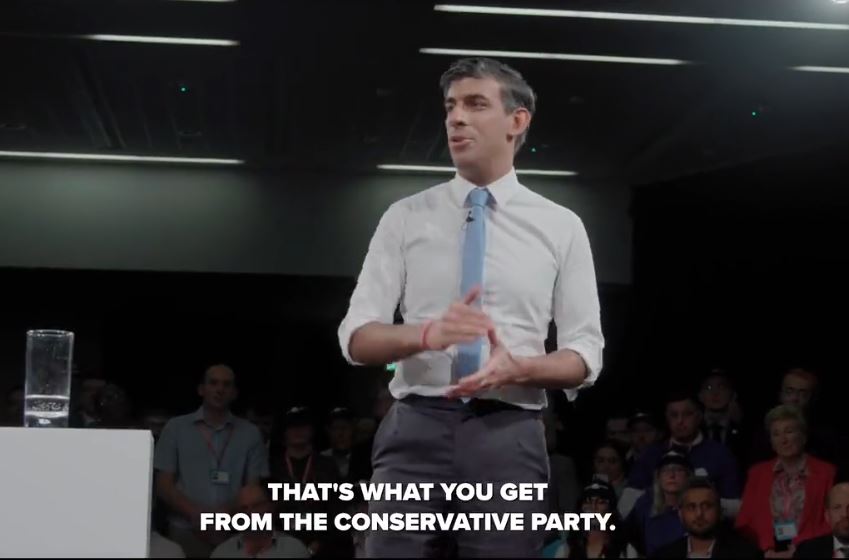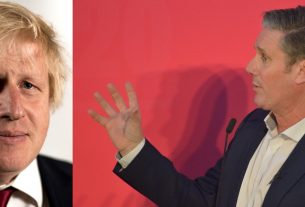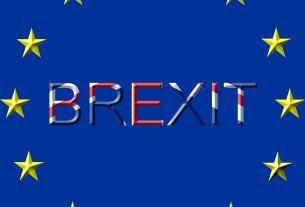Rishi Sunak has refused to commit to tax cuts or the HS2 link to Manchester despite growing calls for action from within his own cabinet.
Secretary of state for levelling up Michael Gove told Sky News on Sunday he wants tax cuts before the next election. Sunak, interviewed on BBC 1, reiterated his priority is tackling inflation and the cost of living crisis.
Conservative party members have gathered in Manchester for their annual conference and are expressing their dissatisfaction at the high rate of UK taxes – now at their highest levels since records began 70 years ago.
Some members at the four day conference which started today (October 1) are coalescing around former prime minister Liz Truss who is calling for tax cuts. It is only a year since Truss crashed the UK economy with a mini-budget that promised unfunded tax cuts and saw her ejected from Downing Street just 40 days after taking over from the disgraced Boris Johnson.
Another former PM, Theresa May weighed into the HS2 debate and added her voice to those warning Sunak about further downgrading the high speed rail line by failing to add the northern link to Manchester. The proposed link to Leeds was scrapped in 2021.
HS2 is regarded as a cornerstone of the government’s levelling-up programme but weeks-long speculation is intensifying that Sunak will also scrap the leg to Manchester because of escalating costs.
An announcement ahead of the party conference had been expected but the BBC reports that this is now unlikely until the chancellor’s Autumn Statement on November 22. It appears Downing Street is confident they can get through the four day conference in Manchester without having to clarify the fate of the HS2 link to Manchester, despite pressure to do so.
Sunak looks to be taking the same approach to tax cuts as he is with HS2. Chancellor Jeremy Hunt all but ruled out any tax cuts in the Autumn Statement, saying at present they are “virtually impossible” given the nation’s fiscal situation.
This morning Sunak was asked three times by Laura Kuenssberg if he would commit to lowering taxes before the next election. The PM said he wants to but added the “best tax cut” he could deliver would be halving inflation before the end of the year.
Party members will be dismayed even further by analysis from the Institute of Fiscal Studies which said the UK is facing permanent higher taxes. Their figures show that total tax revenues as a percentage of revenue have risen from 33% in 2019 – when Johnson won his 80 seat majority – to 37% next year.
Higher tax has exacerbated the cost of living crisis for households already hit by higher energy and mortgage payments.
Writing in the Telegraph, Liam Halligan states the more than £100 billion extra revenue for the Treasury in the four years is “equivalent to an annual tax rise of almost £3,600 per household”.




